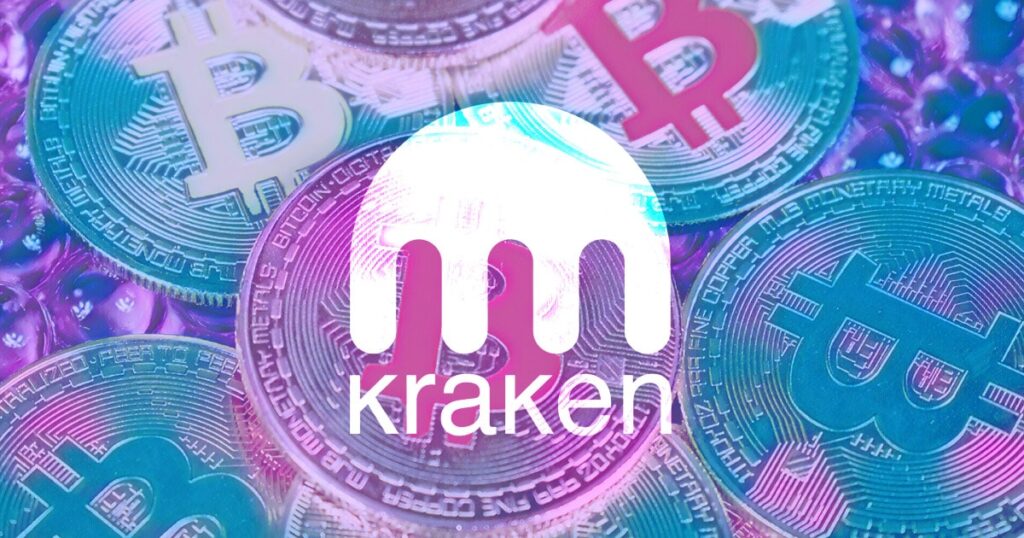Kraken reaffirms support for Tether (USDT) in Europe amid regulatory changes, clarifying delisting possibilities.

Kraken, a well-known cryptocurrency exchange, has issued a clear statement rejecting any intention of delisting Tether (USDT) in Europe.
The crypto community is becoming increasingly concerned about the regulatory compliance and stability of widely utilised stablecoins, including Tether, at the time of this announcement.
The increasing regulatory scrutiny of Kraken’s position on this matter has substantial implications for the cryptocurrency ecosystem as a whole, influencing the sentiment of investors and the market dynamics.
Kraken Clears Up Tether Support in Europe
A representative of Kraken reaffirmed the exchange’s dedication to sustaining support for Tether and its correlated trading pairs in Europe in a recent findings report.
The exchange provided clarification that, at this time, there are no intentions to delist Tether or modify its USDT trading pairs.
In addition, this assertion opposes previous reports that suggested Kraken was considering terminating assistance for Tether’s USDT stablecoin in the European Union because of changing regulatory frameworks, specifically the proposed Markets in Crypto-Assets (MiCA) legislation.
Kraken has demonstrated its strategic emphasis on EUR liquidity to more effectively cater to its European clientele through the prospective withdrawal of support for USDT in Europe.
Moreover, similar actions undertaken by other exchanges, including OKX, in reaction to regulatory modifications impacting USDT functionality in the EU demonstrate that this progression is consistent with wider industry trends.
Unveiling Kraken’s Regulatory Expansion and Legal Challenges
Kraken has initiated a process of regulatory expansion by procuring TradeStation Crypto, the digital assets division of TradeStation Group, which Monex Group owns.
Meanwhile, by undertaking this calculated manoeuvre, Kraken demonstrates its dedication to strengthening its regulatory position and market share within the United States.
However, a Kraken representative conveyed a positive outlook concerning the acquisition’s capacity to stimulate additional expansion and unveil fresh product prospects in the United States market.
An indication that tensions have increased between Kraken and the U.S. Securities and Exchange Commission (SEC) is Kraken’s filing of a rejoinder that contests the SEC’s lawsuit.
In addition, Kraken’s rebuttal identifies the deficiencies in the SEC’s argument, demonstrating the company’s unwavering commitment to safeguarding its operational integrity and regulatory conformance.
This legal conflict highlights the intricate nature of regulatory supervision in the cryptocurrency sector and exemplifies the broader ramifications for participants in the market and the regulatory environment at large.
